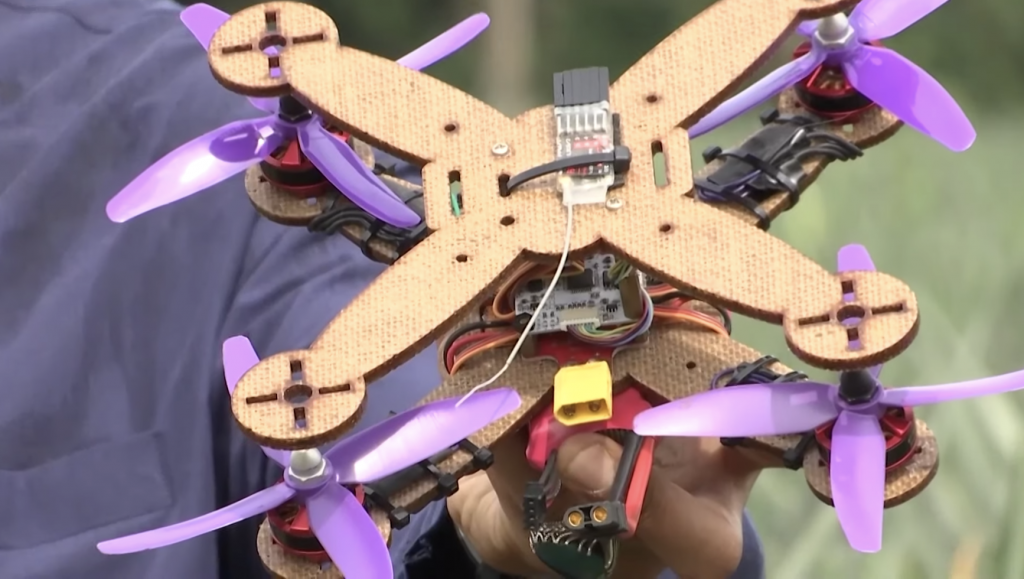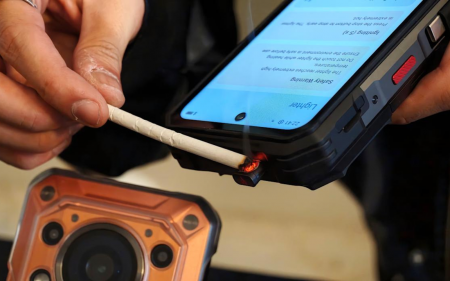 If lockdown taught us anything it’s that you can make all sorts of interesting things from pineapples. Including, yes, beer. But before you spend much more time working on your homemade go-blind juice, researchers from Malaysia’s Putra University — headed by Professor Mohamed Thariq Hameed Sultan — have come up with a way to turn pineapples into disposable drones.
If lockdown taught us anything it’s that you can make all sorts of interesting things from pineapples. Including, yes, beer. But before you spend much more time working on your homemade go-blind juice, researchers from Malaysia’s Putra University — headed by Professor Mohamed Thariq Hameed Sultan — have come up with a way to turn pineapples into disposable drones.
So it doesn’t really matter if you fly these things drunk — unless you’re crashing into things and people. Don’t do that. But if you do wreck your flying craft, it’s not rendered into shards of plastic that need to be dumped in a landfill. Instead, the bio-materials can be buried. After that, they’ll decompose in about two weeks.
Designing disposable drones
The project involves turning pineapple leaves into a drone frame — the section of a UAV most likely to sustain catastrophic damage in the event of a collision. Which is fine – it’s not likely that anyone’s making a drone motor out of pineapples. We wouldn’t complain if they did but it’s difficult to make fruit spin that fast without disintegrating.
Professor Sultan, speaking to Reuters, said “We are transforming the leaf of the pineapple into a fibre that can be used for aerospace application, basically inventing a drone.” The researchers claim that the resulting bio-composite features a higher strength-to-weight ratio than synthetic equivalents, while also being cheaper, lighter, and more eco-friendly.
Going up
The drone prototypes created have been tested to heights of 1km and feature a flight time of about twenty minutes. That’s not especially optimised but about what we’d expect from something that used to be fruit. Next up are larger drones, capable of greater payloads. These would be used, with the assistance to the Malaysian Unmanned Drones Activist Society, for aerial agricultural inspections.
The pineapple drone isn’t the weirdest we’ve seen to date. We’ve also experienced drones with flamethrowers (those are safe… not) and then the ultimate food-based drone — one made from chocolate. Somehow, though that doesn’t strike us as all that sustainable.
Source: Reuters
Header image: Reuters/YouTube (screenshot)




